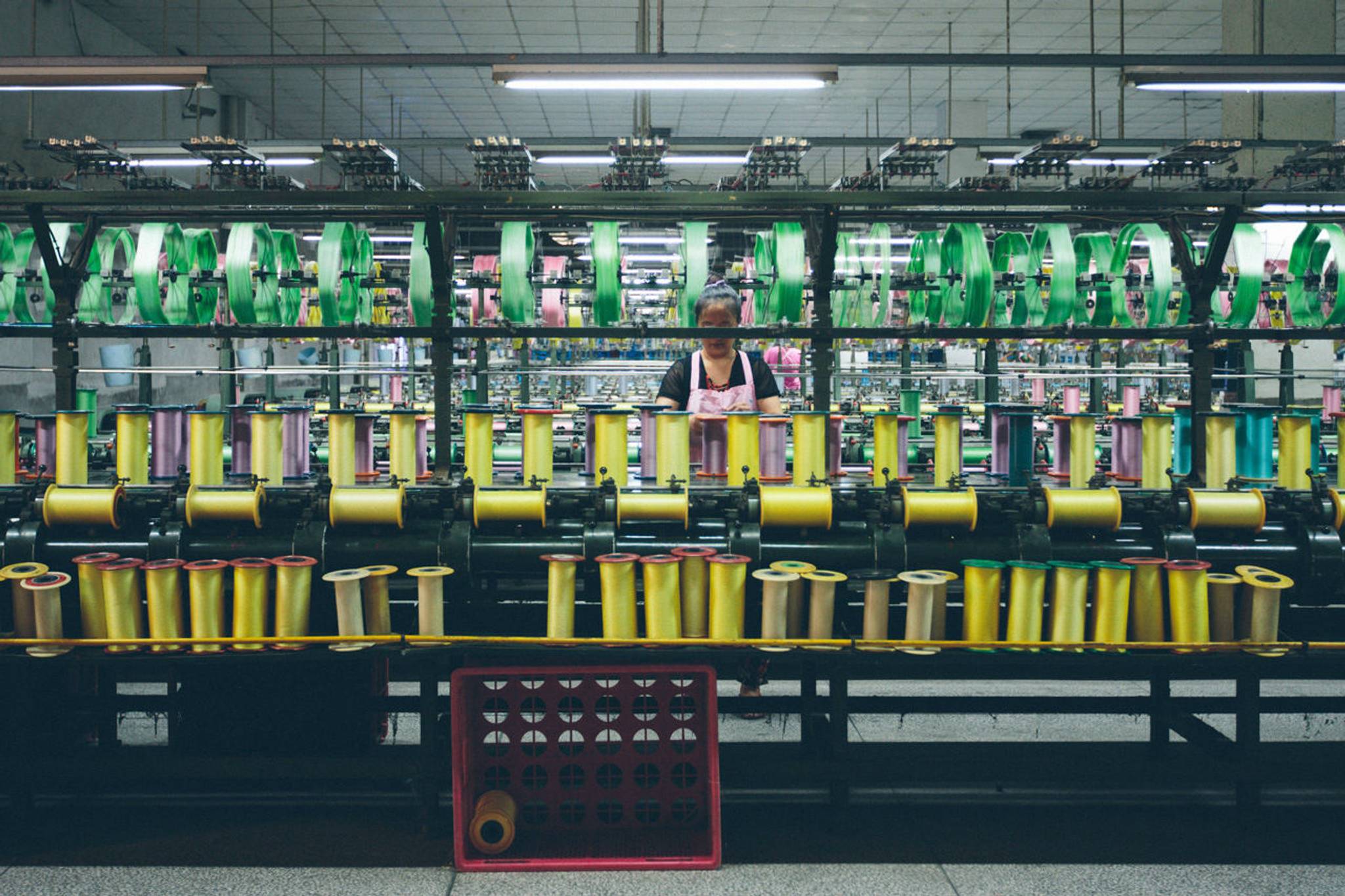
Radical transparency has exposed squalid working conditions in factories around the world. Nisolo, a fashion start-up, is combating exploitation not by pulling out of developing markets, but instead by employing ethically in them. We explore the insights behind the company’s ethical supply chain and understand how it appeals to people’s desire for fair employment practices.
With a slick e-commerce website, Nisolo is an ethical fashion start-up centred around fair wages, working hours, and incentivised benefits for its developing economy employees. By selling products made in the factories it manages, it’s taking accountability for the treatment of its workers, giving consumers peace of mind that they’re buying ethically-produced fashion, while providing other brands with an example of how to resource humanely. In 2011, Nisolo set up its first large-scale factory in Trujillo, Peru, which employs nearly 400 people. Aside from 15 days paid holiday and company-paid healthcare, Nisolo pays its workers a stable salary that’s 33% above the ‘fair trade’ wage, as well as paying female workers over double the average they’ve earned in previous employment. Patrick Woodyard, Nisolo’s founder, says: “Consumers have become so disconnected from where their products are made, who makes them, and under what conditions. We want consumers to feel really confident about where their goods are made and feel like they are making a big impact with their purchase.”

In 2013, the collapse of the Rana Plaza clothing factory in Bangladesh killed 1,134 workers and injured thousands more. This lead to a widely publicised reassessment of global supply chains for companies such as Nike and Disney, which ended up halting production in the country. Instead of cutting ties with exploitative labour markets – and putting people into financial ruin through unemployment – Nisolo provides people with fair, non-exploitative work, signalling to its customers that it’s willing to tackle the problem, rather than shifting the issue elsewhere.
A long way from Nisolo’s Peruvian presence, Blackburn’s Community Clothing is a social enterprise giving factory workers a living wage and employment stability. For middle-of-the-supply-chain factories that assemble clothing for high street retailers, demand is seasonal. As a result, months often go by where factories are left idle and employees are out of pocket. To make good of a bad situation, Community Clothing capitalises on spare capacity by switching from a middle-market supplier that makes clothing for brands, to becoming a brand itself with an online presence. When demand is below full-capacity in its partner factories, Community Clothing gets workers on idle sewing machines to create ethically produced clothes to be sold on its website.
In a similar spirit to Community Clothing, Nisolo positions itself as taking responsibility. This approach will be appreciated by the 68% of people who say it’s important for brands to be open about their sourcing, and the 55% who will pay more for an ethical product. As Everlane, Fat Face and People Tree have fair sourcing ingrained into their businesses, Nisolo’s fair supply chain caters to the 78% of Americans who feel better when they buy sustainable produce.
Safa Amirbayat is a junior behavioural analyst at Canvas8, which specialises in behavioural insights and consumer research. An economics graduate from University College London with a specialism in industrial organisation and behavioural economics, he can be found boxing or reading a novel outside of work.



